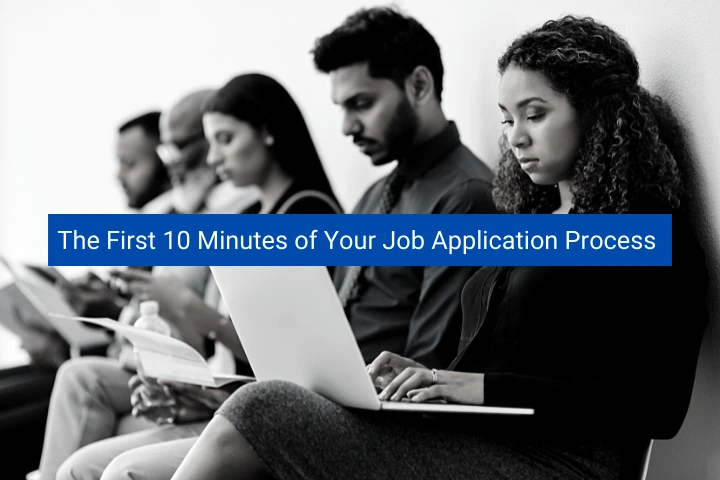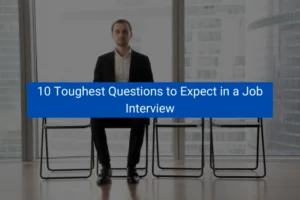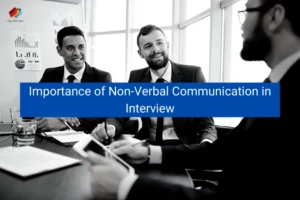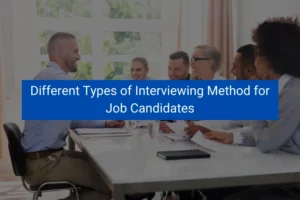Have you ever observed that the initial few minutes of a movie, usually fewer than 10 minutes, are packed with action? That's because moviegoers have discovered that they must be "hooked" for that amount of time or they will leave! It'll only take a few minutes!
Some films even run the credits over the first action sequence to avoid wasting your time with, well, no action at all! I recently saw a film in which all of the credits were shown at the conclusion of the film rather than at the beginning. That immediately drew my attention.
The same is true for books: the first chapter is usually the most interesting! You want to read the rest of the novel since the main character is introduced in a meaningful way.
Now bear with me as I do some math. 10 minutes of a two-hour film is around 8.3 % of the total running length. If we apply the same percentage to a 90-minute film, the "hook" action is only 7 ½ minutes long. There isn't much time to make a good first impression.

How do we apply that notion - make a good first impression - to the many aspects of a job application process, such as the job description, your resume, the interview, and the job offer? Let's look at each one separately.
Related: What kind of first impression do you make on the interviewer?
The Job Description
Within a few seconds, the job description, which normally contains the job title, should grab your attention. If it doesn't, you're probably not the right person for the job. Don't waste time attempting to find something that isn't in the job description. Carry on with your investigation.
However, I will confess that I've read some job descriptions that did a fantastic job of concealing the employer's true desires. They should be ashamed of themselves! But do you really want to work for a company that can't communicate its requirements clearly? Don't waste time amusing yourself unless the position is being filled to address that lack; continue your search.
Your Resume
It's time to build your resume once you've found a job that interests you. I use the term "craft" because each resume you submit should be tailored to a certain employer. You're wasting your time and theirs if you send the identical resume to 10 different employers.
Now is the time to put the above-mentioned idea into action. In 10 seconds, you should make a strong first impression in your job application process. That's correct! It just took 10 seconds. It makes no difference how long or short your resume is; if you don't catch their interest within the first 10 seconds, they won't read the rest of your impressive list of accomplishments and skills.
We used to write a paragraph at the start of a resume expressing what we wanted out of a job; in other words, what our objectives were back in the "old" days. Nowadays, you must present yourself in the best possible light and explain how you will assist the employer in achieving their objectives. It takes a lot of work to be able to do that in only four or five lines.
This is when you realize why we say job searching is a full-time job. You must conduct thorough research on each potential employer! Find out what they are doing and how they got to where they are now. Find out who their rivals are. If you can, figure out their flaws. Take a look at what previous employees have to say about the organization. Examine your abilities and expertise to determine how you might fit into their workplace.
Related: 10 Ways to Speed-Up Your Job Search Effort
The Interview
Now you've received an email inviting you to an interview. So, what's next? The preceding principle is applied once more. It makes no difference whether you are interviewed in person, via Skype, or over the phone. Many initial interviews are no more than 30 minutes long. Using our calculated %, you have approximately 2 ½ minutes, if not fewer, to make a strong first impression in your job application process.
"Tell us about yourself," for example, is a common opening query or request. Knowing this ahead of time allows you to write a succinct remark that will capture their attention and increase their interest in hiring you over the week. But be careful not to talk too much - a response time of no more than 90 seconds is appropriate for this initial inquiry.
Prepare questions to ask during the interview that will offer you the information you need to make a decision. To be successful, an interview should be a two-way conversation.
There are a plethora of websites that offer advice on how to respond to interview questions. Make yourself ready! Do your homework. Prepare responses to all of the possible inquiries. Although not every interviewer will ask every question, by the time you've completed your 10th interview, you'll have covered the majority of them. Make sure your responses sound natural and don't forget to mention a talent or expertise that you know they want in each one. If you don't have any direct experience, explain to them how your previous experience has prepared you to meet their needs successfully.
Related: 10 Toughest Questions to Expect in a Job Interview
The Job Offer
You've done your homework, prepared correctly, and pleased them to the point where they've offered you a job. Now you must decide whether you truly want to work for them. Do you blend in with their way of life? Will the travel requirements satisfy you? Is the pay sufficient? Do you think you'll be able to handle the commute? Is it expected of you to work extra hours?
You should have the answers to these and a dozen other questions by the time the job offer arrives. Yes, the most common question I've received is about how to approach the subject of wages. Here's one method to talk about pay without breaching the basic pay rule: whoever mentions pay first loses!
Say something along the lines of "I'm happy you asked that" when they inquire how much you anticipate to be paid. We've talked about my previous experience, skills, and interest in working for your organization. I'm thrilled about the prospect of contributing to your bottom line! You must have considered the value that the ideal candidate will offer to this role. You must believe I am that ideal person because you have offered me an offer. What exactly did you have in mind for that ideal person?
Conclusion
You now have a plan for putting the notion of making a strong first impression into practice during the many stages of a job search, including the job description, your resume, the interview, and the job offer. The secret to landing the ultimate job offer is preparation. When you consider that you have eight hours a day, five days a week to prepare, there is no reason to not make a solid first impression right now!
So, what's the deal with the title? The point is that you don't have much time to make an excellent first impression in your job application process. You've probably already lost your audience - the HR manager - if it takes you 10 minutes. You're not directing a film or writing a novel! In a competitive work market, you're attempting to get the ideal position. Learn how to sell oneself effectively and rapidly. You might only get 30 seconds at a time. Make it so, as a legendary ship's captain famously stated.
For Human Resource, Payroll and many more HR Services, visit our website https://lingueeglobal.com/



